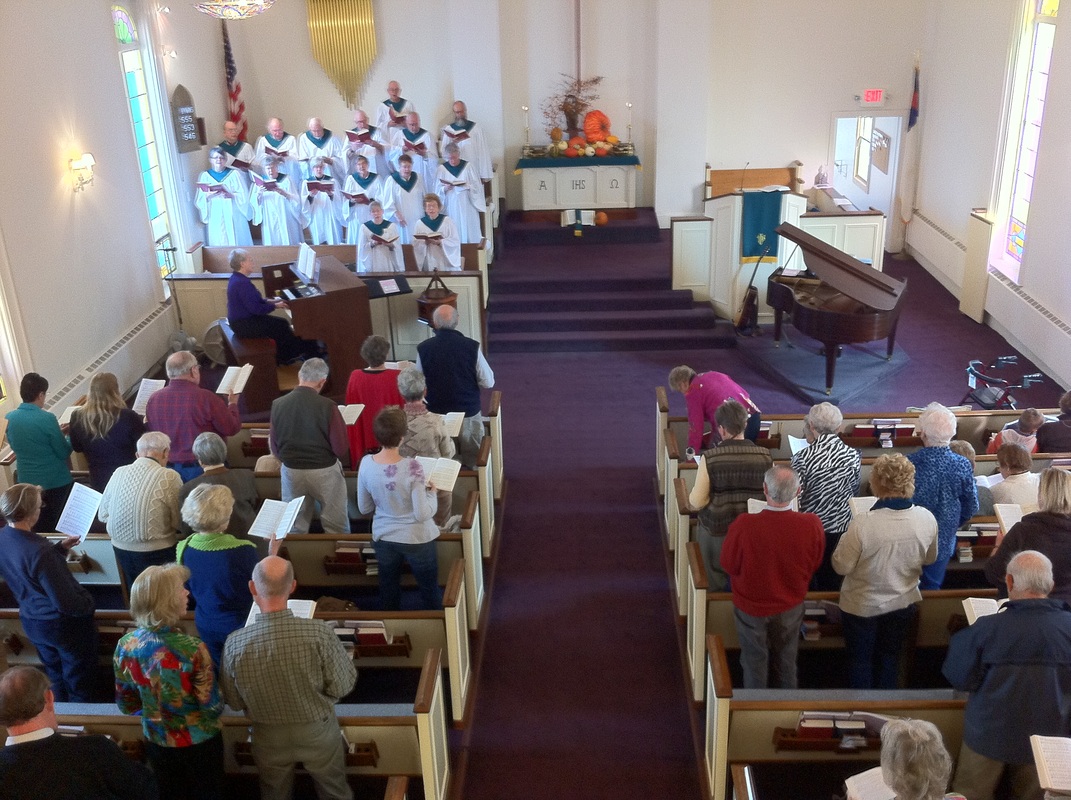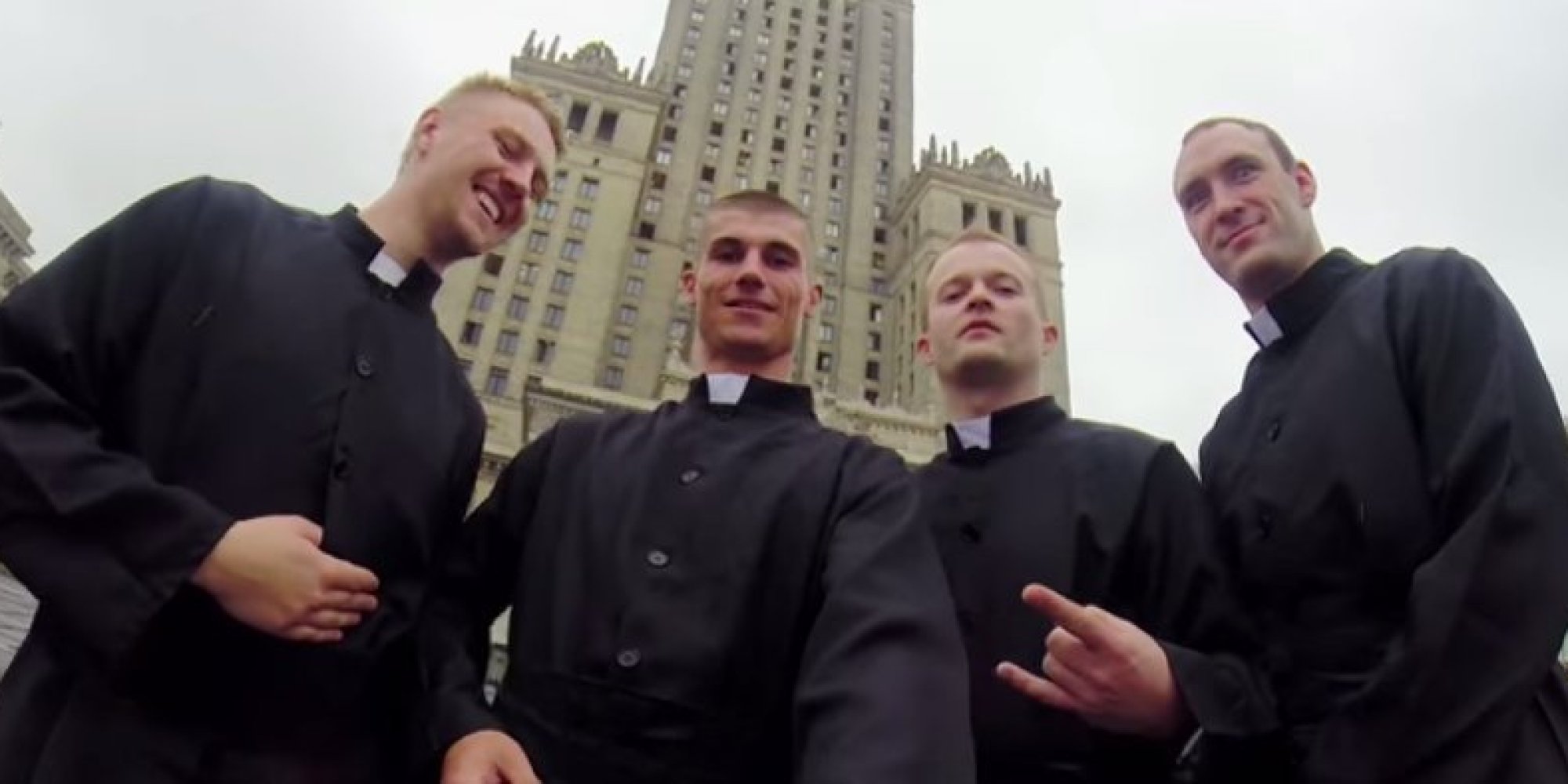Questions from Last week:
History of Church Government
AD 27 through AD 70 (120) - Apostles gave authority to two offices, Bishops ἐπισκοπή episkopē) and Deacons (διάκονος diakonos) see .... the NT from Acts on.
(
Bishops acted in the apostles stead in new cities while the apostles were away. Bishops included some like Timothy, Cleopas, etc. Bishops served the eucharist and preached, submitting to the apostles for leadership and authority. Bishops had the authority to ordain and served as a shepherd to the local flock and surrounding areas.

The office of Deacon was developed very quickly by the apostles in following the most central command of Jesus (Do this in remembrance of me) because the followers of Christ grew rapidly, the Apostles found themselves without enough time to properly care for the massive number of people, to be able to travel to various areas to celebrate the eucharist and care for the needs of the poor (widowed). Deacons were ordained to take care of the eucharist, travelling to those who were not with the bishop on Sunday mornings, delivering the pre-consecrated body and blood, disbursing the money to the poor, and generally taking care of the day to day business of the church, freeing the bishops and apostles up to care for the flock, mainly through preaching and teaching.
AD 70 - 1517
In a period from AD 70 - AD 120, we find the development of the priesthood. When the apostles (who were qualified to be apostles based on their first hand witness of Jesus' earthly ministry) were all killed or died, bishops governing the areas found themselves able to travel and preach, ordaining men and women, and baptizing them into the church. But they were unable to be in each community each week. Deacons were typically not pastoral, but more administrative, so the Bishops appointed and ordained qualified men to be priests, to act as the Bishop would, in preaching and teaching and celebrating the Eucharist, under the full authority of the Bishop.
This three part episcopal system continued, un-protested and uninterrupted for 14 and a half centuries. That's six times as long as America has been a nation. It continues to be the overwhelmingly most used and most traditional forms of church government in the world today. Almost 1.7 billion (72% of the worldwide church) Christians celebrate in churches using this form of government in 2015.
AD 1517 - present
While Episcopate forms of government continue to dominate, democratic notions of the power and authority of organizations and governments deriving from the people came into play. When believers left or were forced to leave the Roman Church, they were left with a void. Anglicans, who had an entire system of their own bishops, priests and deacons, simply decided to leave the authority of the Pope, continuing under Episcopate models of government, claiming a continuance of apostolic authority. Others would continue this system of government, including Lutherans, Methodists, Church of God, Presbyterians, etc,.
 It was only in America, when churches, now unattached to the churches from their source countries
It was only in America, when churches, now unattached to the churches from their source countriestried to wrestle with the new found realities of living in a new republic society. They adapted and changed the way that churches had functioned to match the political beliefs of the new nation. Now, Bishops had his authority to govern, ordain and even preach, by committees and conventions, where people voted and majority rules. The church building was no longer owned by the state or church, but by local congregations. Priests and deacons were now hired by local board committees, with no church being an exception. Even former Anglican congregations, now called Episcopalians, greatly limited the function and ministry of those in apostolic succession, and local church politics took most of the functional aspects of the church away from the ministers.

Today, many American churches live in a limbo, somewhere in between wanting strong spirit-filled leaders and wanting to live in a manner consistent with the idea that ministers get their authority from the people and not from God. People are no longer loyal and submit themselves to the authority of their local church and pastor, but "vote with their feet," casting themselves in the role of spiritual expert, authority and judge. Covenantal relationships between men under God became relatively unimportant, because each man has become his own bishop.
First Reading — Job 38:1, 8-11
 1 Then the LORD answered Job out of the whirlwind: … 8 “Or who shut in the sea with doors, when it burst forth from the womb; 9 when I made clouds its garment,
and thick darkness its swaddling band, 10 and prescribed bounds for it, and set bars and doors, 11 and said, ‘Thus far
shall you come, and no farther, and here shall your proud waves be stayed’?”
1 Then the LORD answered Job out of the whirlwind: … 8 “Or who shut in the sea with doors, when it burst forth from the womb; 9 when I made clouds its garment,
and thick darkness its swaddling band, 10 and prescribed bounds for it, and set bars and doors, 11 and said, ‘Thus far
shall you come, and no farther, and here shall your proud waves be stayed’?”
1. “The Lord addressed Job out of the storm.” Does God address you in the stormy times of your life? How? Do you progress, regress or just hang on for dear life during stormy times?
2. Who is in charge, in this reading? Explain. Even though it doesn’t seem so, do you think God puts limits on your “storms”?
3. How can we change, enlarge and enhance our concept of God?
Second Reading — 2 Corinthians 5:14-17
14 For the love of Christ controls us, because we are convinced that one has died for all; therefore all have died. 15 And he died for all, that those who live might live no longer for themselves but for him who for their sake died and was raised. 16 From now on, therefore, we regard no one from a human point of view; even though we once regarded Christ from a human point of view, we regard him thus no longer. 17 Therefore, if any one is in Christ, he is a new creation; the old has passed away, behold, the new has come.
1. Do you think “those who live might no longer live for themselves” would make people qualify as “new creations”? Explain.
2. “The love of Christ impels us.” What does the love of Christ “impel” you to do? What actions do you perform because you love Christ that you might not otherwise perform?
2. What are some areas of your life in which you have become a “new creation” in Christ?
3. What are some indicators in our lives that reveal whether we are living for ourselves or living for Christ?
Gospel Reading — Mark 4:35-41

35 On that day, when evening had come, he said to them, “Let us go across to the other side.” 36 And leaving the crowd, they took him with them in the boat, just as he was. And other boats were with him. 37 And a great storm of wind arose, and the waves beat into the boat, so that the boat was already filling. 38 But he was in the stern, asleep on the cushion; and they woke him and said to him, “Teacher, do you not care if we perish?” 39 And he awoke and rebuked the wind, and said to the sea, “Peace! Be still!” And the wind ceased, and there was a great calm. 40 He said to them, “Why are you afraid? Have you no faith?” 41 And they were filled with awe, and said to one another, “Who then is this, that even wind and sea obey him?”
1. When speaking about the disciples’ fear in the midst of this storm, and of possible attitudes in the face of difficult situations, Pope Francis says:
I fear moving forward, I'm afraid of where the Lord will bring me. Fear, however, is not a good counselor. Jesus, so many times, said: 'Do not be afraid.' Fear does not help us.
We must not be naive nor lukewarm Christians, but brave, courageous. We are weak, but we must be courageous in our weakness. ... Do not be afraid and always look to the Lord!Vatican City, July 02, 2013
Discuss the Pope’s thoughts on fear and how one could be courageous in weakness.
2. In the Luke 8:22-25 version of this story the disciples thought they were going down with the storm. Can you relate to that? Is Jesus with you when “violent squalls come up” in your life, as he was with the disciples? Does this man who shares your human vulnerability somehow also have the power of the Creator? What effect does that fact have on your storm management?4. What lessons can we draw from the disciples’ experience?
5. What do you think would have happened if they had not taken Jesus with them into the boat? How is this applicable to our lives?
6. What have you learned about God’s love and provision through the storms you have encountered in life?
7. Identify one or two main lessons we can learn from this experience.





